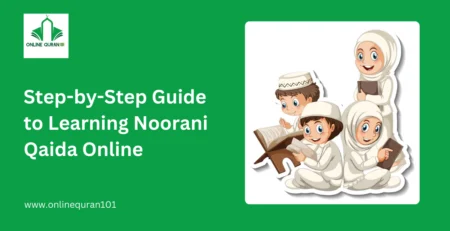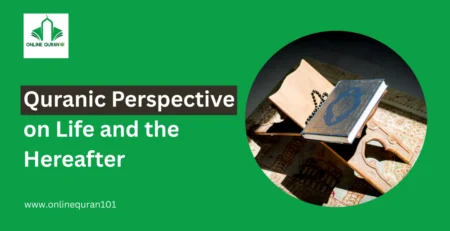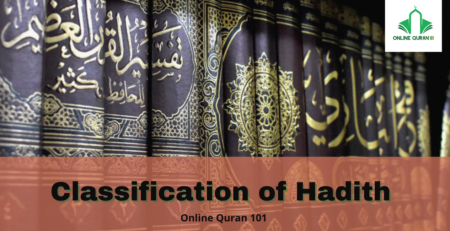Understanding the Quranic Verses Related to Ramadan
Ramadan is the holiest month of Islam, a month of fasting, prayer, self-reflection, and increased devotion to Allah. It is during this holy month that the Quran was sent down as guidance to humanity. The beauty of Ramadan is in the teachings of the Quran, which is extremely clear about fasting, soul purification, and the reward of devotion. Understanding the Quranic verses of Ramadan strengthens one’s relationship with religion and increases the appreciation of this blessed month.
Quranic Verses Regarding Fasting and Ramadan
Fasting during Ramadan is prominently highlighted in the Quran. The following significant verses shed light on the responsibilities, intention, and benefits of fasting:
1. The Duty of Fasting – Surah Al-Baqarah (2:183)
“Oh you who have believed, fasting is prescribed for you as it was prescribed for the people before you that you become righteous.”
The verse emphasizes the fact that God has commanded this fast and also previous nations adhered to this. It’s not merely obedience but a mean to achieve Taqwa (piety and God-consciousness).
2. The Month of Revelation – Surah Al-Baqarah (2:185)
“The month of Ramadan [is the one] when was sent down the Quran as a guidance unto mankind and a clear proof for the guidance, criterion. Fasting on that is obligatory [on all whoever sees the beginning of the new month].”}}
This ayah highlights Ramadan’s significance because the Quran was sent down. It also assigns the obligation to fast to capable persons, along with exemptions to travelers and those suffering from sickness.
3. Exemptions and Mercy in Fasting – Surah Al-Baqarah (2:184)
“Restricting from food for several days. But if you have an illness or are traveling, the same amount [has to be compensated] from other times. And as for those of you who are capable [but find it difficult] – ransom [in its place] in feeding a needy person.”
Islam acknowledges the material limitations of mankind and provides concessions for those unable to fast due to illness or travel. Fidya (feeding the needy) as an alternative is initiated here as well.
Related: The Significance of the Quran in Ramadan: A Time for Spiritual Growth
Spiritual and Moral Values from Ramadan Verses
Self-Discipline and Patience
Fasting is not just about abstaining from food and water; it teaches patience, self-discipline, and self-control. Muslims are called in the Quran to learn good manners and to strengthen faith through fasting.
Additional Worship and Love for the Quran
Since the Quran was revealed in the month of Ramadan, Muslims are called upon to recite, reflect, and pray for enlightenment during this period from it. The night prayer (Taraweeh) and other activities attract believers toward Allah.
Charity and Help towards the Poor
The Quran continues emphasizing the need to help the needy. During Ramadan, one tends to be more generous, and Muslims are encouraged to give Zakat (charity) and feed the poor.
Conclusion
Quranic revelations about Ramadan provide greater insights into the significance of fasting, purification, and spiritual growth. From a better grasp of these sacred lessons, Muslims can optimize the blessings of Ramadan and draw nearer to Allah. For more understanding of the Quran and Ramadan, go to Online Quran 101, where you can learn more about the sacred teachings of Islam.











Leave a Reply